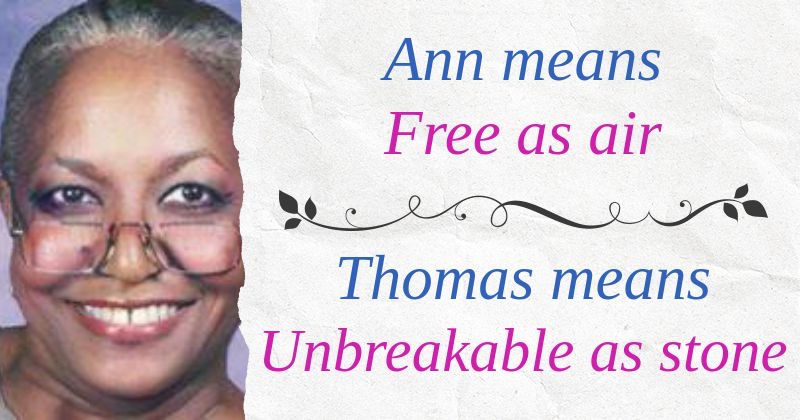Whispers of Harmony: Music in Schools and the Symphony of Young Hearts
- ladybeththepoet9
- Mar 3, 2024
- 2 min read

As we embrace the month of March, a harmonious celebration awaits us - Music in Schools Month. This vibrant commemoration champions the power of music in education, highlighting its profound influence on society, culture, and even the corridors of power. From influencing fashion trends to inspiring political movements, music has woven a rich tapestry of melodies that has shaped American history in countless ways. Join us as we delve into the significance of music, naming three influential artists and one iconic song from each that left an indelible mark on the nation's collective consciousness.

Jimi Hendrix: "The Star-Spangled Banner"
With his transcendent and soul-stirring rendition of the national anthem during the Woodstock festival in 1969, Jimi Hendrix etched a new and electrifying chapter in American musical history. His innovative guitar work breathed life into a familiar patriotic anthem, transforming it into an expression of protest and cultural revolution. Hendrix's transformative interpretation not only challenged the traditional norms of music but also served as a rallying cry for a generation seeking change.
Aretha Franklin: "Respect"
Aretha Franklin, the Queen of Soul, became a powerful voice for civil rights and gender equality through her iconic rendition of "Respect" in 1967. Her fierce and soulful performance resonated with marginalized communities and served as an anthem for empowerment and self-worth. Franklin's unforgettable interpretation, combined with its powerful lyrics, became a symbol of defiance and demand for respect in the face of discrimination and injustice.
"R-E-S-P-E-C-T, find out what it means to me"
Marvin Gaye: "What's Going On"
In 1971, Marvin Gaye released "What's Going On," a song that transcended traditional pop conventions and became a powerful social commentary on the pressing issues of the time. Addressing themes of war, racial injustice, and environmental degradation, Gaye's soulful voice urged listeners to reflect on the state of the world and take action for positive change. This timeless masterpiece not only became an influential soundtrack for the civil rights movement but also continues to resonate with audiences, inspiring them to question and challenge societal norms.
"Picket lines and picket signs, don't punish me with brutality"
Through their artistry, Jimi Hendrix, Aretha Franklin, and Marvin Gaye utilized music as a catalyst for change, sparking conversations, and inspiring collective action. Their songs transcended entertainment, offering a reflection of the times and capturing the spirit of a nation demanding justice, equality, and understanding.
As we honor Music in Schools Month, let us recognize the profound impact of music education in nurturing the next generation of artists, activists, and visionaries. By cultivating an appreciation for the power of music in our educational institutions, we equip students with a powerful tool for self-expression, empathy, and understanding. Let us strive to keep music alive in our schools and communities, for it is through the language of melody and rhythm that we find harmony, connection, and the power to influence the world around us.





Comments